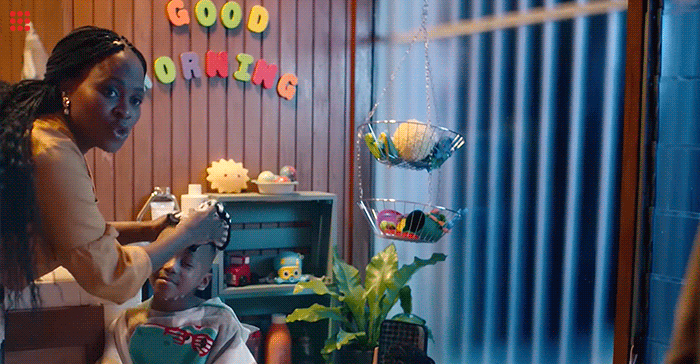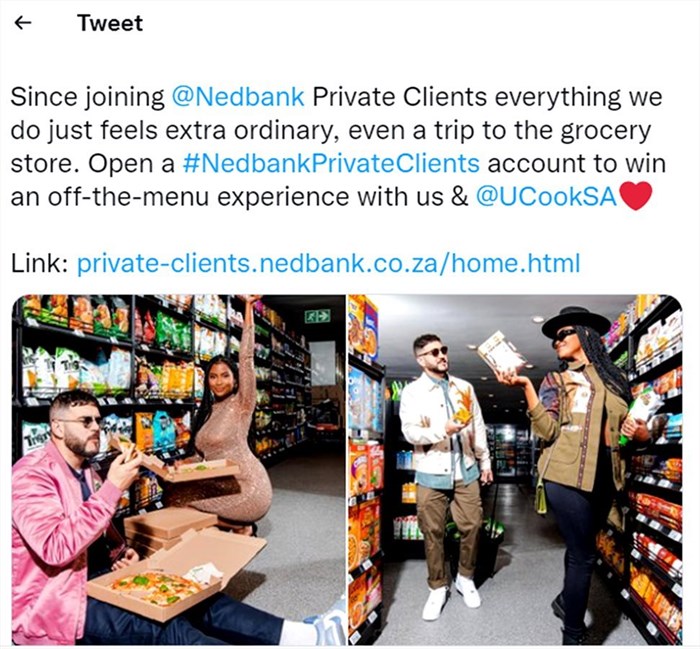#OrchidsandOnions: The message in the marketing

Do I really want a conscious brand, or do I want a widget which is well-made and well-priced? Some brands have already lost their way a bit thinking their role is to be societal evangelists, forgetting about the real needs of their customers.
This could, in part, be possibly explained by the fact that people making the decisions are either deep into their own messiah complex or are too scared to point out that the caring brand idea is an emperor with no clothes.
I am not thinking about brands which should really clean up their act because they are doing reprehensible things to the environment or to people’s human rights – to say nothing of abusing workers with sub-standard salaries all in the name of shareholder returns. They, clearly, need to start doing the right thing…
However, should it, for example, be the job of a car brand to point out the patriarchy in our society? Should you be selling an SUV or should you be trying to free women from what is, effectively, domestic slavery?
Those latter thoughts sprang to mind when I watched the latest TV ad for Hyundai’s Creta SUV. Put together by an all-women team from woman-owned Riverbed agency, the commercial makes no bones about highlighting the onerous workload on working moms.
To be honest, it made me feel uncomfortable. In our house, I am the quintessential lazy male. I wouldn’t call myself a male chauvinist, but my laziness blinds me to the reality that our household would never have worked were it not for my wife.
So, the Creta ad brought back uncomfortable memories. Mom working hard at her job all day, then coming home loaded up with shopping; putting on the supper, helping the kids do their homework and getting them bathed. Husband is away in his own little cosy world, surfacing only to remind his wife that he has an important meeting tomorrow and could she iron his shirt?
As he goes to kiss his daughter good night, his wife is fast asleep in bed next to the other child, totally exhausted. The child still awake shows Daddy the gift she has made for Mom – a clock with all the hours filled with the things she does for her family. She tells him: “Mommy’s always tired, she’s always busy…”
As reality dawns and he looks sheepish, his daughter asks him: “Daddy, can we give Mommy time, too?’
Up comes the line that the average South African women spend 3.5 hours a day on unpaid home care.
At this point, I could have got angry and could have said: “Not all men…” But that wouldn’t have been true.
I could have also said: “What has this got to do with selling a car?”
In Hyundai’s eyes and that of Riverbed, the answer would obviously be: Everything.
The Hyundai Creta is aimed at young families, just like the one in the ad. And the Creta is more than likely going to be driven by Mom. Not only that, many car buying decisions in families do not happen without the woman's input.
The commercial says: We get you. We understand your struggle.
As the ad closes, the tag line “Light the way” (used on the previous version of the Creta, too) comes up with a shot of the car. And that is all you’ll see of the vehicle. No specs. No hard sell. But I think the message would get through to the target market.
And, perhaps along the way, the men who see it might have an attack of conscience.
It was brave of Hyundai to go this route and with an agency which is not afraid to wear its heart on its sleeve.
It is also different and shows that coming at something from a completely different angle is a way to break free of the clutter and repetition we see so often in advertising these days – and especially when it comes to cars.
So Orchids to Hyundai and Riverbed.
How effective are influencers?
Another area where marketers are besotted is the use of influencers.
This is based on the fact they believe the size of an influencer’s audience on social media is the same as an audience you’d get through conventional advertising. I understand why mega stars would attract the attention of advertisers but I do admit I wonder about how effective the lesser stars in the firmament do in terms of moving product.
Inviting influencers to the launches of R2m cars is some sort of lunacy, in my opinion. The person who can afford to spend that on a car is unlikely to spend his or her time on social media; they’re more likely to be busy making money.
Car makers should do a simple survey when someone buys a high-end car: ask them where they got the information from to make their purchase decision. The car makers (and their ad clevers) might be surprised at the answers…
The other problem with influencers is that they are anything but authentic – after all, they are being paid big bucks to punt products, whether they use them themselves or not.

The post-purchase interview might also be interesting for those joining Nedbank’s Private Clients. These people, I would assume, are HNWIs (high net worth individuals) and I wonder if they get their financial prompts from one JSomething, who has 300,000 followers and is in the music biz. Even less that seeing him eat some food sitting on the floor of a supermarket would send a wave of inspiration to the viewer: Hey, bro!, let’s join Nedbank Private Clients.
The fact that the Tweet was promoted (i.e paid for) by Nedbank negates the purpose of being an influencer: Surely people follow the genuine recommendations of their social media idols?
An Onion to Nedbank. And yeah, maybe I’m not the target market for the tweet.
Got anything you'd like to say or got any great work I may not know about? Drop me a line at brendanjseery@gmail.com









































